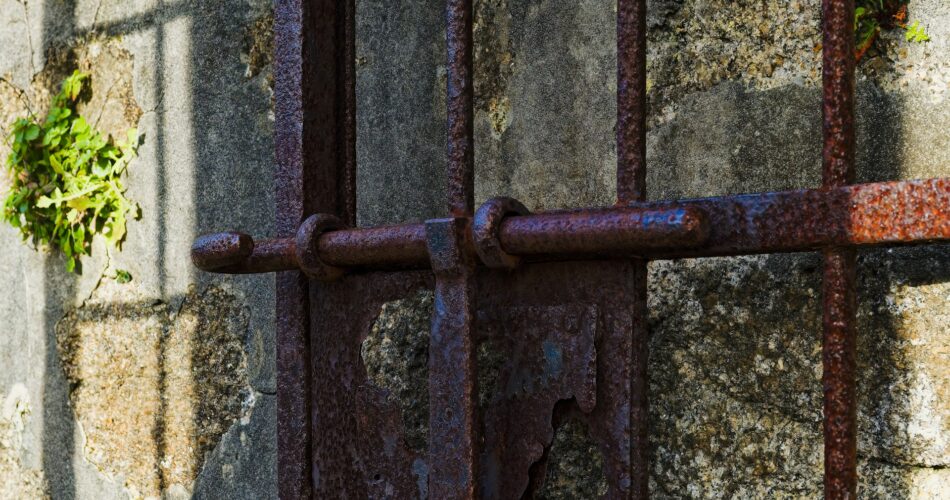They are walking free.
A Christian couple, Jose and Sheeja Pappachan, from Uttar Pradesh, India, were released on bail after being sentenced to five years in prison under the state’s anti-conversion law. They were convicted for allegedly attempting to convert Dalit residents during a Christmas event in 2022. The couple had been accused of distributing Bibles and promoting education in a way that pressured conversions, but they denied any wrongdoing, insisting they were not inducing or coercing anyone to change religions.
The couple was sentenced on January 22 and fined 25,000 rupees each. The conviction was based on claims from local residents and a complaint from a Bharatiya Janata Party legislator. They were also charged under the Scheduled Castes and Scheduled Tribes (Prevention of Atrocities) Act. Despite their conviction, Christians in the area argue that the evidence was insufficient and that the charges were politically motivated.
Christian Solidarity Worldwide (CSW), an international organization advocating for religious freedom, welcomed the couple’s release on bail but expressed concerns over the extended legal challenges they may face. CSW’s president, Mervyn Thomas, pointed out the vague nature of Uttar Pradesh’s anti-conversion laws and urged authorities to address the misuse of these laws against religious minorities. The organization also called for the dismissal of unfounded cases and questioned the constitutionality of the law.
Uttar Pradesh is one of 12 Indian states with laws that restrict religious conversions, which often place Christian evangelism and religious outreach under legal scrutiny. There are currently at least 80 other Christians in prison under similar charges in the state. Human rights organizations and legal experts continue to challenge these laws as unconstitutional and harmful to religious freedom.
The couple’s case is one of the first convictions under the amended anti-conversion law in Uttar Pradesh, which allows complaints from third parties. While the conviction may be overturned in higher courts due to weak evidence, the case highlights the increasing challenges faced by religious minorities in India, where the Christian population is a small minority, making up about 2.3% of the total population.
